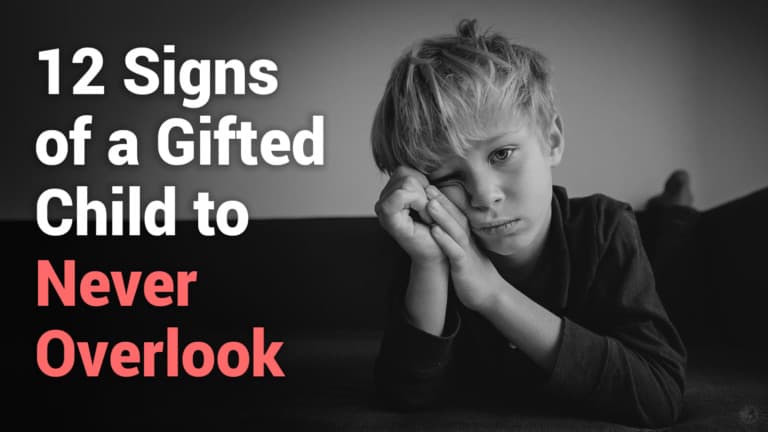
This guide is powered through Amazon for your shopping ease. Below is a shopping guide of the best books on parenting gifted children we have read. For this reason, we have listed our favorite and best parenting books which can help guide parents in raising gifted and creative children. You may find basic parenting books do not suit your needs. Explore opportunities like science clubs and writing workshops where your child might meet bright peers.Parenting any child is difficult and if you are lucky enough to be raising a gifted and creative child, then the challenges are unique. Ask your child's teacher for help in identifying other gifted kids in your child's school (not only in her classroom). Tip: Help your child by arranging play dates with children with similar interests and level of intellect. Social difficulties can increase with age.

It's important to help kids with the greatest social/emotional difficulties as early as possible, with the help of a school counselor or an outside therapist. The most highly gifted children tend to have the most difficulty with friendships. Or, she might make friends easily but later be perceived as a "show-off" or have different expectations for the friendship than her peers because of her intellectual depth and emotional sensitivity.

Your child may feel that she has little in common with her classmates or may have trouble initiating play or joining groups. Gifted children may appear to be socially mature and well adjusted, but might feel lonely or sad about problems with peers. One of the potentially most difficult aspects of giftedness is having trouble making or keeping friends. In other words, help your child "know when to quit" and enjoy the process of learning from a project rather than stressing about getting everything perfect. For example, review the assignment with her, get a sense of how long and detailed the project should be (how many pages, how many references cited, etc.), make an outline or rough draft, and establish about how much time she should invest based on the assignment's impact on her grades. Tip: For a younger child, avoid correcting every little grammar or factual mistake she makes, and remind her to go easy on herself when her perfectionism comes through.įor an older child, help her establish some basic goals and guidelines for a successful school project or report before she dives in. Perfectionism is associated with abdominal pain, eating disorders, and obsessive-compulsive personality disorders. Aiming to get everything perfect is time-consuming, tiring, and even bad for one's health. Also, your child may be extremely gifted in some subjects but an average-achiever in others, which can also fuel her perfectionism all around. Your child may procrastinate on starting homework or school projects or spend a lot of extra time on them because of her desire to get everything just right.

Gifted children are often driven to be high-achievers in all areas of their life.


 0 kommentar(er)
0 kommentar(er)
